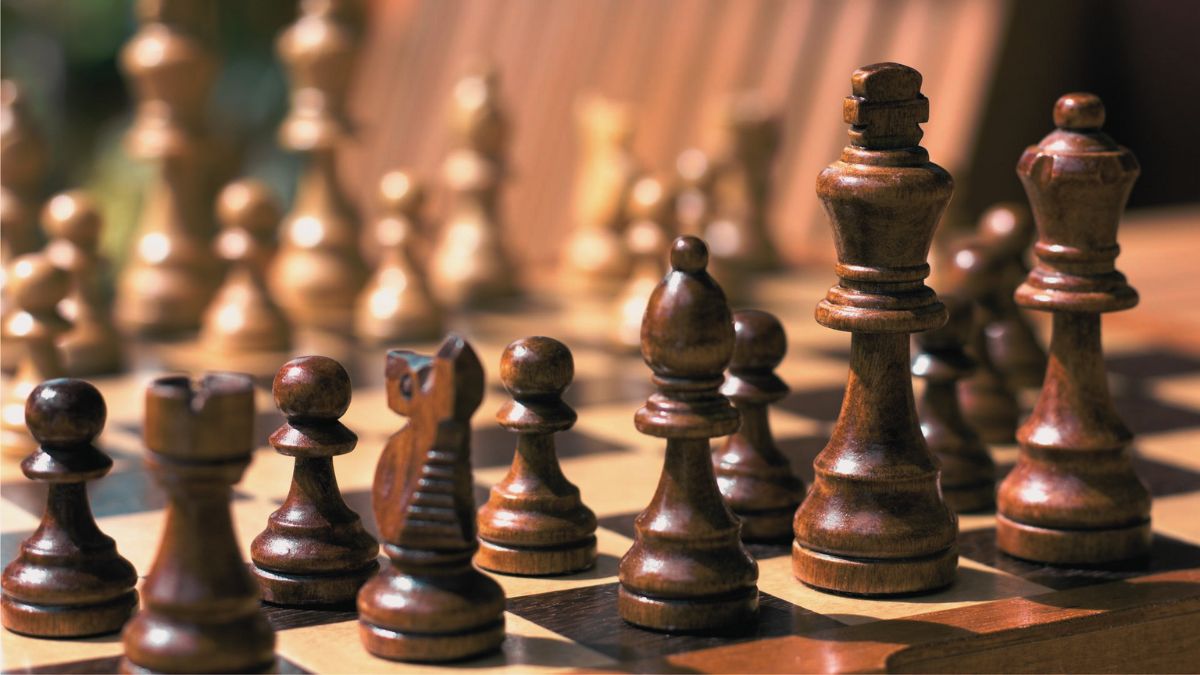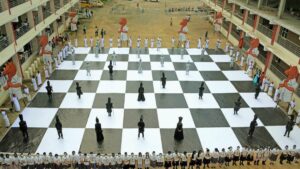Chess has wielded significant influence in the southern part of India, particularly in regions such as Karnataka, Chennai, and Hyderabad. The strategic board game has embedded itself deeply within the cultural and educational fabric of these areas, becoming more than just a pastime for enthusiasts. In fact, schools in the southern part of India have incorporated chess into their schedules, recognizing the cognitive benefits it offers to students.
One of the key factors contributing to the surge in chess popularity in this region is the proactive organization of constant tournaments. Schools actively participate in hosting and promoting these competitions, fostering an environment that encourages students to engage in competitive chess play. This not only enhances their strategic thinking and analytical skills but also instills a sense of discipline and sportsmanship.
Furthermore, the southern part of India has produced a plethora of chess prodigies who have made a mark on the national and international stage. This has served as a source of inspiration for aspiring players, creating a virtuous cycle that propels the growth of chess as a popular sport. The success stories of these local talents have led to increased investment and attention from both educational institutions and the public, further solidifying chess as a mainstream pursuit.
The educational system in southern India has recognized the value of chess as an educational tool. Many schools incorporate chess into their curriculum, considering it a valuable addition to traditional subjects. The game’s ability to enhance cognitive skills, concentration, and strategic thinking aligns with the educational goals of fostering well-rounded and analytical individuals.
Moreover, the commitment of schools to organizing regular chess tournaments has cultivated a vibrant and competitive chess community. This sense of community not only promotes healthy competition but also creates a supportive network for players to learn and grow. The camaraderie developed through chess tournaments extends beyond the game itself, contributing to a holistic development of individuals involved in the sport.
Looking ahead, the trajectory of chess in the southern part of India seems poised for further growth. With continued support from educational institutions, organizers, and the community at large, the popularity of chess is likely to increase exponentially in the coming years. The region’s rich chess culture, coupled with the proactive measures taken by schools, ensures that chess remains a dynamic and influential force in the southern part of India, contributing to the holistic development of its residents.





